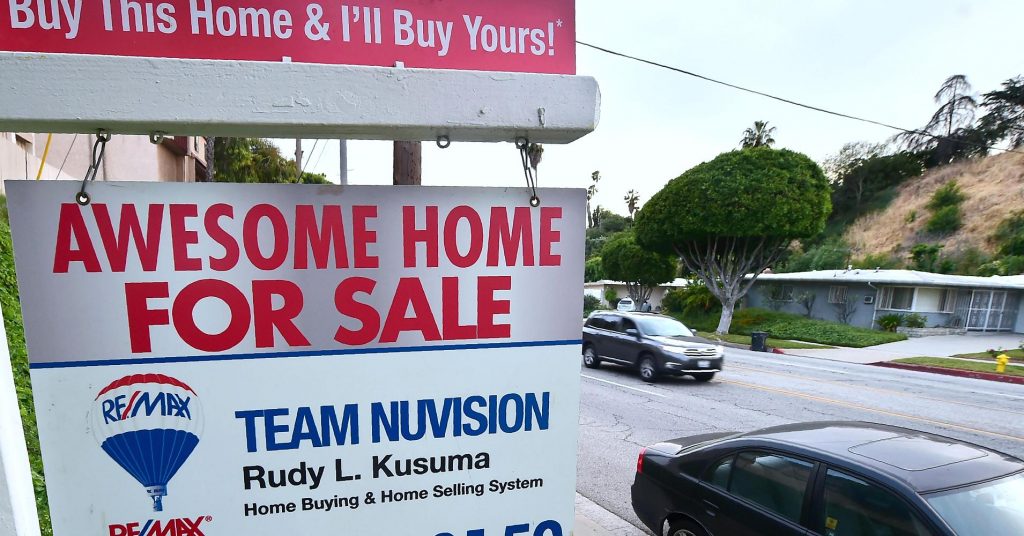The Paperwork Every FSBO Home Seller Needs to Organize
By Steve Flanagan

Before your first showing, start lining up the paperwork you’ll need. Remember that different states have different regulations covering residential real estate transactions. What you did in one state may not be applicable in another state, so thoroughly research the requirements in the state in which you are selling.
Start by researching requirements on your state and county government websites, and fill in any cracks with information that can be found on the sites of your state land title association and local real estate agent associations. In lieu of doing your own research on transaction requirements, a real estate attorney can provide this information for you and might take on your transaction at this point for a flat fee (assuming the deal eventually goes through).
Document Retrieval
Next, gather and make at least two copies of each of these documents that pertain to the house and/or your ownership of the house. You’ll want to have these documents
available for potential buyers to inspect when they visit your house:
• Survey that shows property boundaries
• Receipts and warranties for appliances, finishes and upgrades
• Plans and permits for all additions and upgrades
• Certificates of occupancy, which signal compliance with municipal building codes
• Loan documents, including first mortgage, second mortgage, and home equity line of credit
• Latest utility bills
• Latest property tax bill
• Title
• Survey
• Construction and occupation permits
• Proof of homeowner’s insurance
• Utility bills
• Homeowners’ association covenants and agreements
• Specialty documents, such as proof of landmark status
• Floor plan or blueprints, if available
It’s Time to Disclose
Before any potential buyer visits your home, complete a disclosure statement and plan to have copies available when you show your home or hold an open house. Required by most states, the disclosure outlines key defects or dangers about the property. This might include, but is not limited to, radon, structural problems, flooding, mold, lead paint, asbestos and other potentially problematic conditions.
Disclosure typically comes in the form of boilerplate documents (put together by the local or state Realtor association), where the seller is responsible for answering a series of yes/no questions detailing their home and their experience in it. You should be able to download a disclosure statement form for free from your state Realtor’s association.
It’s only fair that the buyer knows about such problems before making an offer. At the same time, a thorough and truthful disclosure statement protects you from post-sale claims by the buyer that he didn’t know about defects in the house.
The Contract
Nothing is more critical to your home sale than preparing an executing a proper legal agreement between buyer and seller. The contract between the buyer and seller outlines the terms of the agreement and should include:
• Property and its characteristics (type of property: condo, single family home, multi-unit, address, lot size, parking, property identification number, etc.)
• Identity of the parties involved (the buyer and seller)
• List of fixtures/personal property included in the purchase price
• Purchase price
• Amount of the earnest money and terms of the borrower’s financing
• Target closing date
• Contingencies (attorney review and inspection provisions, may also include a home sale/close contingency)
• Prorations for taxes, assessments, utilities, etc.
• Particulars of what type of title clearance the seller is obligated to provide
• Particulars of which party bears the responsibility of paying for closing costs
• Representations by the seller
• Legalese regarding notice, default, etc.
• Any miscellaneous provisions the parties agree on
Find contracts in our forms center, or consult a real estate attorney for help in drawing up a contract that you can use to govern any offer on your home.
When that first offer comes in you need to be prepared. If you can’t provide the buyer with the proper documents or fill out a contract on the spot, the offer may evaporate.
















